What gave IMCI its start ?
In early 1988, the International Council of Marine Industry Associations (ICOMIA) took the initiative to ensure that its members became directly involved in the proposal for a directive for recreational craft. This was finally made possible after ICOMIA was accepted as an observing member at the European Union (EU) meetings in Brussels.
For several years, direct input to the draft directive came via ICOMIA's Technical Committee and later ICOMIA's Certification Committee.
Recreational boat certification was a special concern in the mid 1990s because the European Association of Classification Societies (EurACS) was also an observing member at the EU meetings and naturally wanted to impose its certification procedures and price levels on the boating industry. Of secondary concern, especially to the USA and other countries outside the EU, was the requirement that certification can only be conducted by European certifiers. This led to the perception and wide criticism of a "Fortress Europe."
The EU suggested following that by using a planned Mutual Recognition Agreement (MRA), other non-EU countries may also be able to provide this certification. Non-EU countries were sceptical about implementation of this approach. This was the first formal introduction that non-EU countries received about the proposed certification procedures. The proposal drove many EU and non-EU organisations to active responses. At the outset, the EU's position was that only those organisations which were already involved in boat certification could be accepted as a certifier, according to the Recreational Craft Directive (RCD). Thus, for an organisation to become involved in certification activities, it must already have a marine certification program underway in Europe.
 first certificate.jpg)
UKCA certification - IMCI (UK) issues the very first UKCA certificate to BSI
May 2023 - IMCI (UK) is proud to have issued its first ever UKCA certificate as a UK Approved Body. This marks the certification of a hatch from BSI of Denmark, which was previously inspected by IMCI (UK) Inspector Lars Olsen. BSI has fulfilled all relevant requirements of the UK Recreational Craft Regulation. As this is congruent with the EU Recreational Craft Directive, IMCI (UK) and IMCI are pleased that the BSI product could be CE certified at the same time. Photo: Lars Stehmann, Controlling & Structural Designer BSI (left), Sam Henriksen, Quality Manager BSI (right)
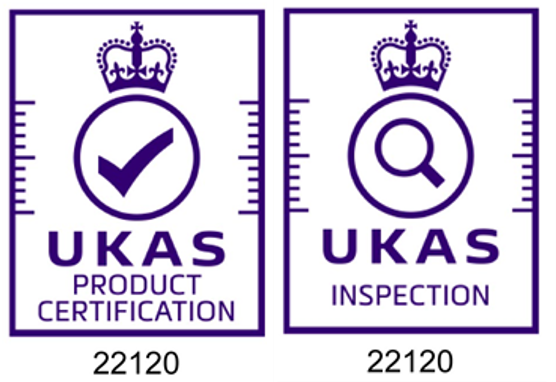
IMCI (UK) is accredited by UKAS
May 2023 - The institute receives its accreditation as Certification Body according to ISO/IEC 17065:2012 and as Inspection Body according to ISO/IEC 17020:2012

IMCI (UK) has been appointed as an Approved Body under the UK Regulations.
By virtue of an email dated 17 February 2023, the International Marine Certification Institute (UK) has been appointed by the UK Office for Product Safety and Standards (OPSS) as an Approved Body under the UK Regulations. This means that IMCI (UK)* can now start issuing UKCA certificates under the Recreational Craft Regulations (RCR).
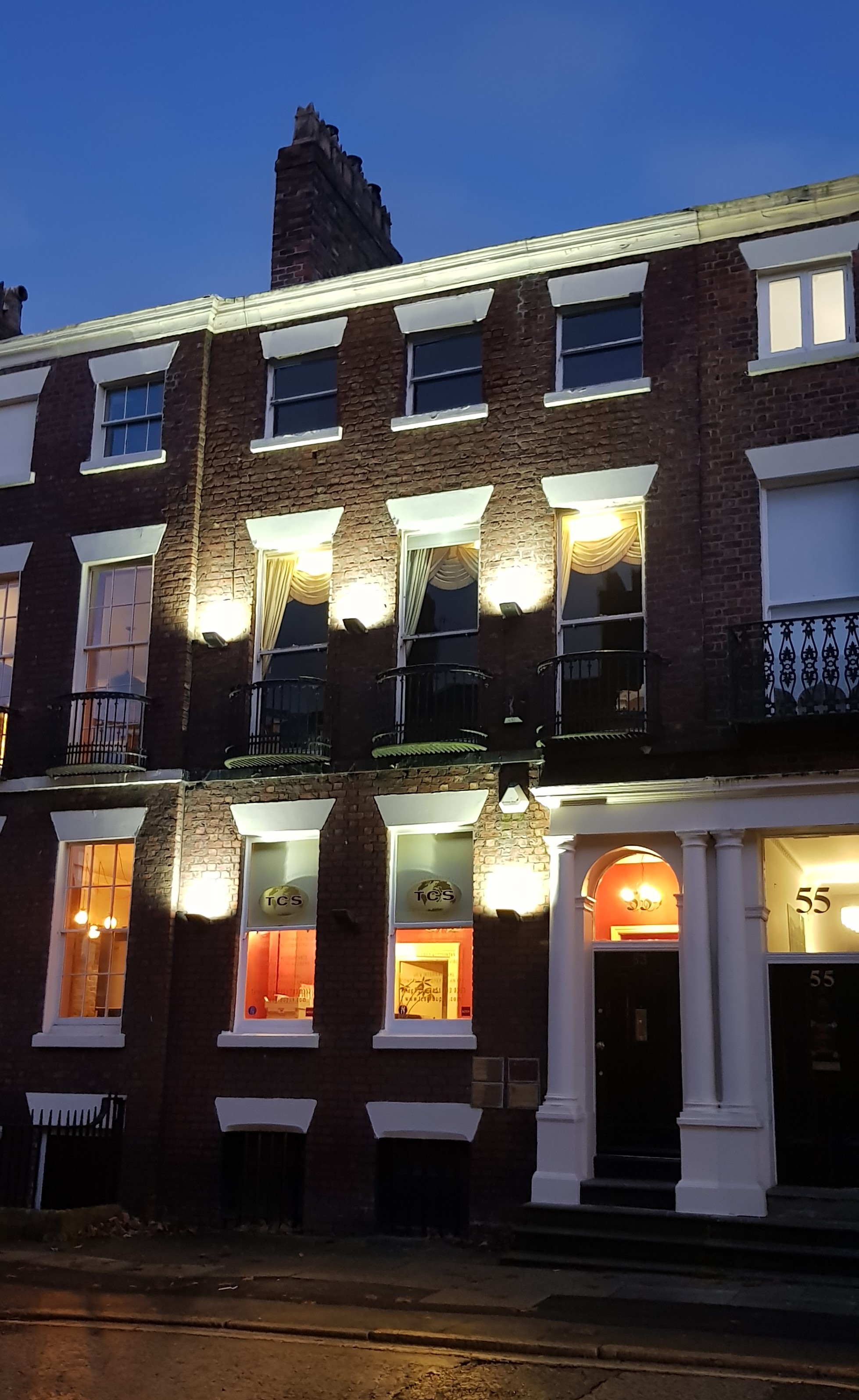
Opening of the IMCI (UK) office in Liverpool
April 2021 - The IMCI (UK) office is opened in Liverpool Merseyside.
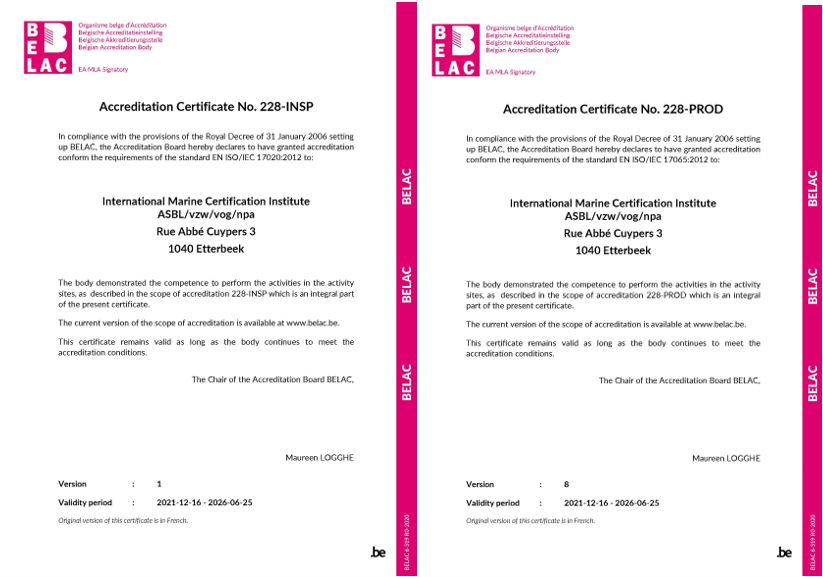
IMCI receives extension #4 of its accreditation
The accreditation rules change significantly. Compliance with the EN ISO/IEC 17065:2012 standard only is now no longer sufficient. Henceforth, additionally EN ISO/IEC 17020:2012 has to be complied with for the next accreditation renewal. The new certificate issued by BELAC is valid until 2026. IMCI's EU-notification has now been in place for 25 years.

IMCI goes for complementary “Remote Inspections”
Due to the Corona crisis and the associated travel difficulties of our Inspectors, IMCI has incorporated the method of "remote inspections" into the quality assurance system so that any defects found during a physical inspection can be rechecked later without the need for a revisit.
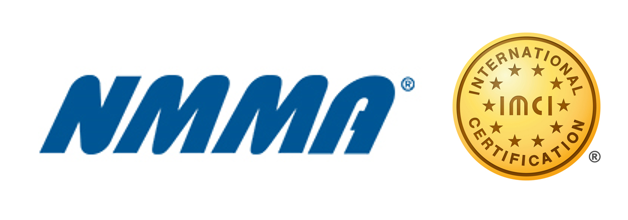
20 years of “Joint Inspections”
The joint inspection program for recreational craft, aimed at the two largest water sports regions in the world, the USA and the EU, is celebrating its birthday. Thousands of boats and yachts from around the world have been served by one inspection each with two resulting certifications. The NMMA/IMCI partnership is stronger than ever and continues to serve the global boating industry.
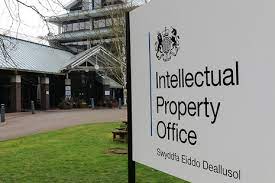
Application for the trade name IMCI (UK)
July 2020 - For better marketing, the trade name IMCI (UK) is applied for and registered with the International Marine Certification Society in October of the year with registration number UK00918273251.
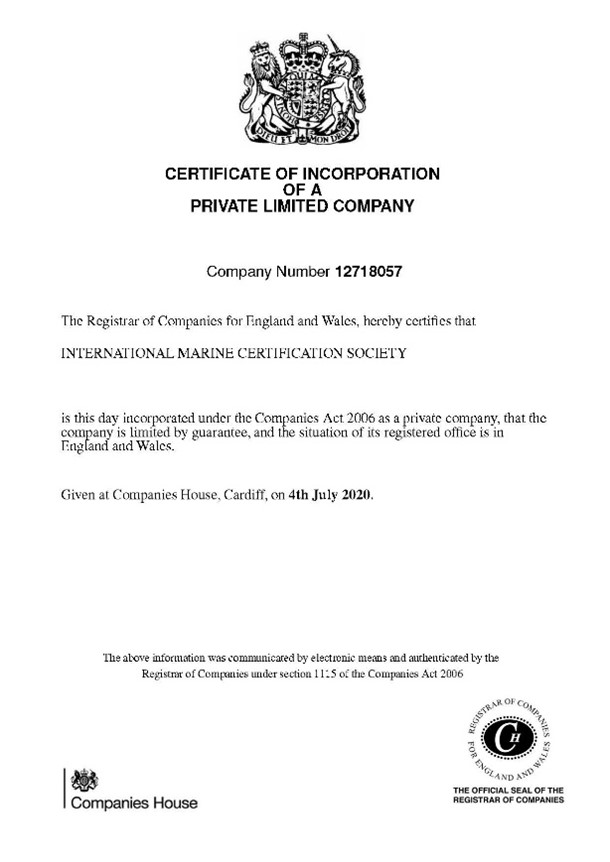
Registration
July 2020 - The International Marine Certification Society is registered in the UK as a company with the number 12718057.
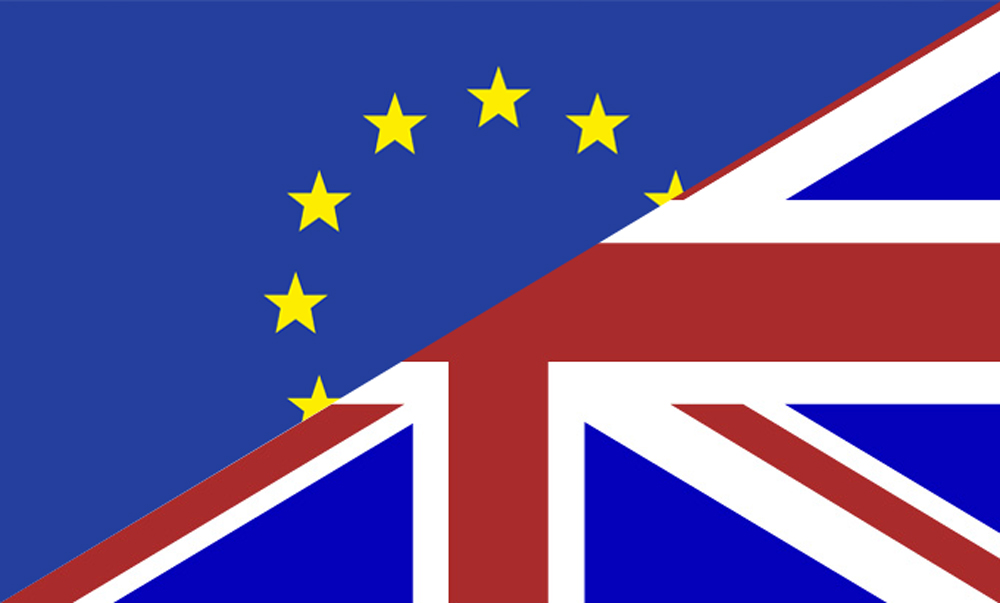
Applying for UKAS accreditation
February 2020 - As a result of BREXIT, the CE mark is no longer required for water sports products in the UK, but the UKCA mark is being introduced as an alternative. Both certifications are technically based on parallel legislation in terms of content. To be able to award the UKCA mark, IMCI has to be accredited as a Recognised Body in the UK. the application is made to UKAS (United Kingdom Accreditation Services).
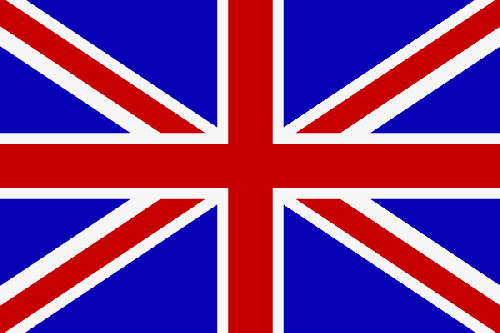
IMCI (UK) is established
Unfortunately, the United Kingdom has left the European Union end of January this year. CE certificates are only valid there until the end of 2022. These will be replaced in future by UKCA certificates, now based on UK national legislation. In order for IMCI to be able to offer its customers the corresponding certification service from 2023, a spin-off, the "International Marine Certification Society" is registered in Liverpool as number 12718057 in July. For marketing purposes, the trade name "IMCI (UK)" is also registered and henceforth used for this new company. The accreditation by UKAS is being tackled. Obtaining accreditation is a prerequisite for recognition as a certifier in the UK. IMCI and IMCI (UK) both operate under the same quality assurance system.

25 Years IMCI
IMCI hosts the ICOMIA Congress 2018 and in conjunction with the congress celebrates its 25th anniversary.
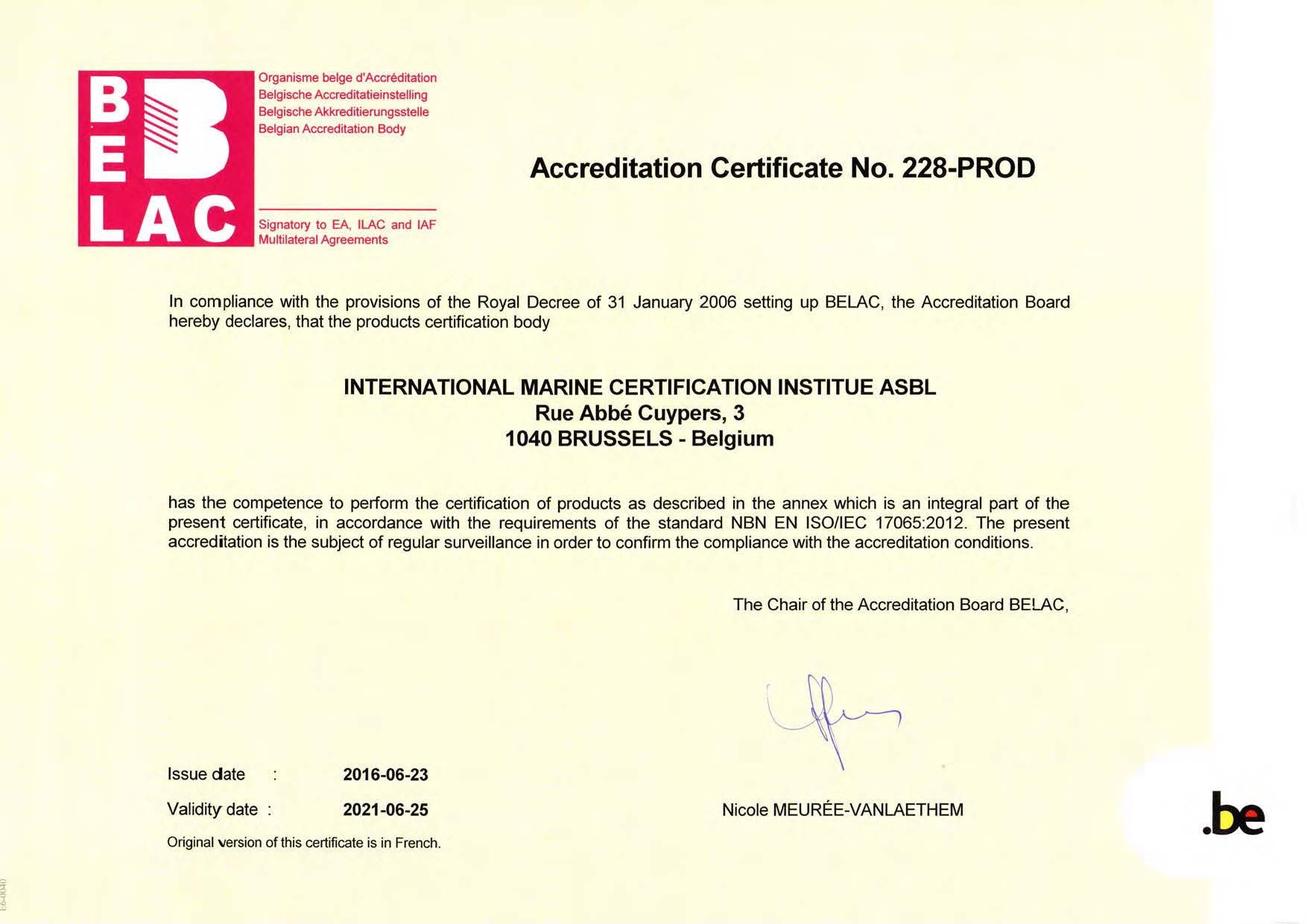
IMCI receives extension #3 of its accreditation
The accreditation standard EN 45011:1998 is replaced by EN ISO/IEC 17065:2012. BELAC therefore now uses this norm for a 3rd extension of IMCI's accreditation. Consequently, the EU-notification remains valid.

RCD 2
The „Recreational Craft Directive 2013/53“ gets fully into force. Many manufacturers are in the need of new certificates. Work load at IMCI is at a maximum.

Website Redesign
The IMCI website www.imci.org gets a new look and feel and is relaunched.

RCD 2
The second „DIRECTIVE 2013/53/EU OF THE EUROPEAN PARLIAMENT AND OF THE COUNCIL of 20 November 2013 on recreational craft and personal watercraft and repealing Directive 94/25/EC“ is signed.

Website for the Blue Star Marina certification
The IMCI sub-website www.bluestarmarina.org is launched. It serves the boater as well as the yacht harbour provider.

20 Years IMCI
In the autumn of 2013 Directors, Inspectors and the head office team as well as numerous guests celebrate IMCI’s 20th anniversary. The festivities take place in Malta, the smallest Member State of the EU, complete with powerful cannon shots.
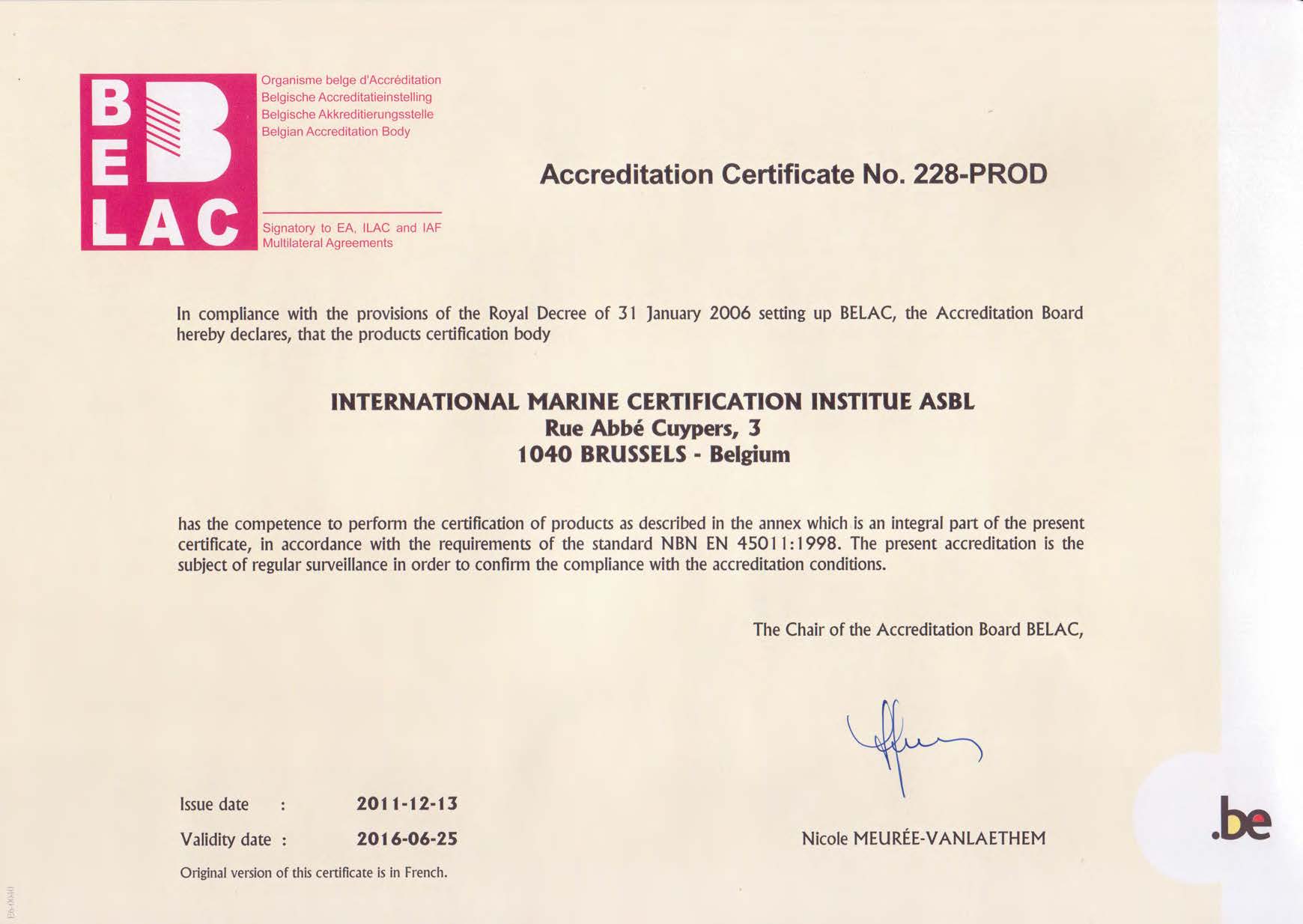
IMCI receives another extension of its accreditation
IMCI's accreditation is again renewed by BELAC for another 5 years. The EN 45011:1998 standard on the basis of which this is done is still valid. The EU-notification remains in place.

Logo Facelift
IMCI management feels the need of a facelift of the IMCI Logo. The new logo shall show all elements of the initial one but appear more precious.

IMCI Turnover
IMCI sales reached 1.8 million Euros (compared with 275,000 Euros in 1996).
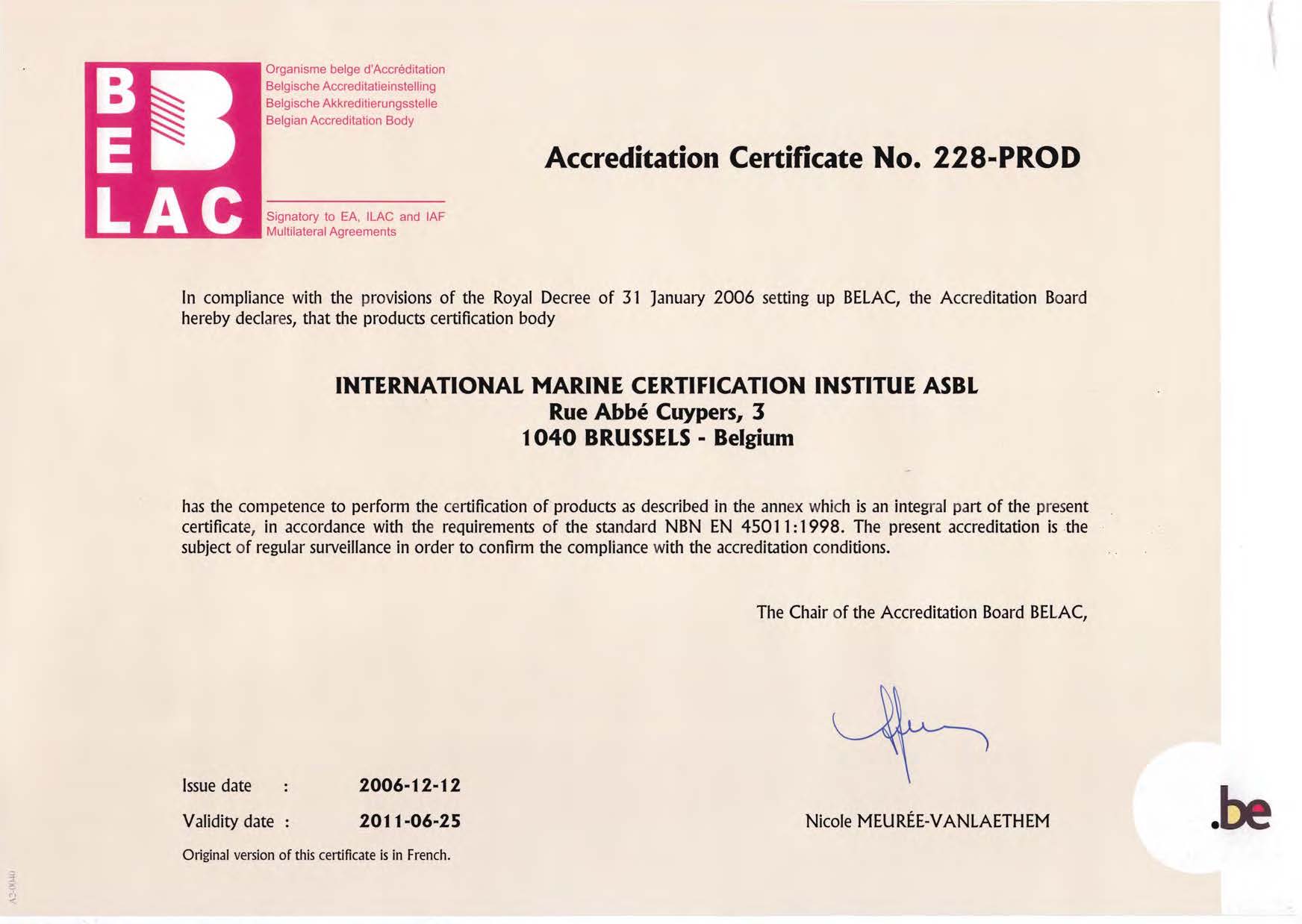
IMCI receives extension #1 of its accreditation
After the expiry of the first accreditation period, which is usually 3 years, IMCI receives a first extension, now for 5 years and still based on EN 45011:1998. Again, the EU-notification is extended.

Blue Star Marina Certification is launched
IMCI starts certifying yacht harbours meeting minimum criteria developed by the German Tourism Association (DTV), Bonn; Association of German Marinas (VDSH), Cologne; German Boating Association (BVWW), Cologne; German Automobile Club (ADAC), Munich and IMCI. The system is later aligned with ISO 13687 parts 1 to 3, developed by ISO TC 226 WG 8 chaired by IMCI. The certification system is equivalent to systems used for hotels, restaurants and campgrounds. It is an assessment scheme in regards to quality of comfort and service, etc. but not technical safety.

IMCI Intelligence Centre
IMCI again needs more office space and opens the IMCI Intelligence Centre in Eynatten. Although Eynatten is in Belgium it is much closer to home for staff, living in Aachen (Germany), which includes most of the Head Office staff.

IMCI receives Accreditation
Belgium, now equipped with a system of accreditation, grants IMCI on 26 June 2003 accreditation as a certification body according to EN 45011:1998. The EU-notification, granted in 1996 already, remains in force.

IMCI starts the Certification of Companies/Retailers
IMCI begins certification of companies/retailers based on an in-house standard of BVWW in Cologne, Germany. In the years that follow IMCI develops this standard further and also uses it internationally. The certification offers an excellent opportunity to demonstrate the quality of a company/retailer and to make it visible its customers. The certification covers four different fields: Boat Specialized Trades, Accessories Specialized Trades, Boat Service Specialized Trades and Motor Service Specialized Trades.

IMCI starts the Certification of Experts for Recreational Craft Industry
The certification programme is initially tailored only to the needs of the German boat market by the German experts groups VBS of BVWW in Cologne, Germany. Later IMCI is developing it for international applicability based on an EN 45013 quality manual (QM). When EN 45013 is replaced by EN ISO 17024 the QM is changed in line with the new standard which is appreciated by the recreational craft industry. The market requires this European Union level certification, because the official recognition of an expert by a national court or by a professional organization has no bearing or significance outside that country.

Amendment to RCD 1
„DIRECTIVE 2003/44/EC OF THE EUROPEAN PARLIAMENT AND OF THE COUNCIL of 16 June 2003 amending Directive 94/25/EC on the approximation of the laws, regulations and administrative provisions of the Member States relating to recreational craft“ is signed.

NMMA Chapman Award
Lars Granholm receives the prestigious NMMA Chapman Award for his lifetime achievements in the marine industry.

Third IMCI Office
IMCI growth necessitates the move to a much bigger office in the Rue Abbé Cuypers. This office is still the registered address of IMCI.
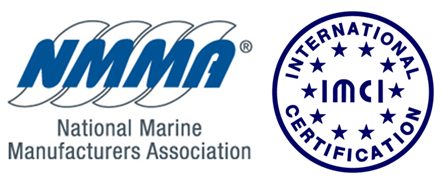
Start of “Joint Inspections Program”
IMCI and the NMMA agree to inspect boats for both the EU and US markets quickly, easily, efficiently and cost-effectively with one joint inspection by a single inspector instead of two inspections by two inspectors. Both manufacturers and consumers now gain time, money and effectiveness.

IMCI Database
Because the amount and the complexity of data is increasing rapidly IMCI creates and launches an own Database.

Second IMCI Office
IMCI grows and moves to a bigger office at Rond-Point-Schuman square opposite the EU Commission’s Berlaymont building.

Successor of Lars Granholm
Lars Granholm retires as the IMCI Managing Director at the end of 1999, at which time he is appointed Chairman of the Board for the following 4 years. Ulrich (Uli) Heinemann, a naval architect, is appointed as the new CEO. Uli had been working in Brussels since 1996 as the General Manager. Prior to that he was a freelance yacht designer.

First IMCI Website
The first IMCI website www.imci.org is launched.

IMCI’s Notification
The notification of IMCI is granted by Belgium on 3 July 1996. IMCI pre-certificates are reissued as CE certificates to confirm compliance of the products with the new legislation. All pre-certified manufacturers make a seamless transition to full certification.

First IMCI Office
IMCI moves into Rue de Trèves in Brussels while having the need for more space.

First Certificates
In the early-mid-1990s IMCI is the only European certification body offering advanced certification which, naturally, brings scepticism and criticism from some competitors. The Belgian Authorities have no accreditation system in place and are concerned that IMCI has a small number of staff and does not use fulltime Inspectors. At its meeting on 20 May 1996, the EU Commission has a special agenda item to discuss IMCI‘s approach to certification and whether this approach is in line with what the EU anticipated. The IMCI model is discussed in detail, and in the end the Belgian Member State representative is satisfied and accepts IMCI as a Notified Body. This is a very significant decision for the industry. Not only can Belgium proceed with notification of organisations other than large classification societies for certification of boats and their components, but several other countries such as France and the Netherlands also follow this example and proceed with notifications of their own new small Notified Bodies. Thus the classification societies‘ exclusive grip on recreational craft certification in Europe is broken. It is worthwhile noting that during IMCI‘s early years, the majority of the EU administrative procedures, documents, organisations and oversight are still being developed and nothing has been completed; no Directive, ISO standards, Notified Bodies, or cooperative agreements. IMCI‘s early participation and key roles in ICOMIA, RMAG, RSG, and ISO make it possible to be in a good position in each of these organisations as they gained strength and focus in the marine industry.

RCD 1
„DIRECTIVE 94/25/EC OF THE EUROPEAN PARLIAMENT AND OF THE COUNCIL of 16 June 1994 on the approximation of the laws, regulations and administrative provisions of the Member States relating to recreational craft“ comes into force on 16 June 1996.

First IMCI Logo
The first IMCI Logo is created by the spouse of the Canadian Director of IMCI.

RSG Founded
Sometime later, EOTC‘s role changes to only administering non-directive certification programs (voluntary certification), and the EU starts administering directive-related (mandatory) certification. In an EU meeting soon after the introduction of this change, the industry is encouraged to form a new cooperative group comprised of potential EU certifiers and as a result the EU mandated Recreational Craft Sectoral Group (RSG) is formed. The EU now obligates all certifiers to be part of the RSG, whereas membership in RMAG remains strictly voluntary. IMCI is appointed as the first Technical Secretariat of the RSG. The first version of the RSG Guidelines document, which is based on the RMAG Guidelines, is drafted by the RSG. The RSG Guidelines still exist today and is updated annually in June.

RMAG Founded
IMCI takes the initiative to form the Recreational Marine Agreement Group (RMAG) and applies for recognition by EOTC. It is anticipated that with these procedures in place, IMCI (and others) will be able to show it is qualified as a certification entity and should therefore be officially approved by the Authorities. The founding members of RMAG are IMCI, Register Holland, VTT, and NMMA, as well as the EU Commission and public and industry representatives. Lars Granholm is elected to take over the chair of the RMAG. The group has 12 meetings and is responsible for writing the first set of Guidelines for Recreational Craft. It takes three years for the RMAG to achieve EOTC recognition. The lengthy approval process is necessary, because EOTC also grants NMMA full membership and NMMA becomes the first U.S. certification organisation to receive EU recognition. Having granted RMAG recognition, EOTC widely publicises and references RMAG to demonstrate that no “European Union Fortress“ exists.

ISO 8665
A new ISO standard (ISO 8665) for engines is completed. This leads to the NMMA Board of Directors asking IMCI to take over the NMMA engine certification programme in November 1993. This decision gives IMCI the financial impetus it needs and IMCI becomes established as a credible European Union certifier. IMCI is not yet an accredited Notified Body and can therefore only issue „pre-certificates,“ according to the procedures in the early draft of the EU guides.

IMCI’s Registration
The „International Marine Certification Institute“ (IMCI) is founded, comprised of 2 members of staff at the head office working with 4 Inspectors in 4 countries. IMCI is registered in Belgium as an international non-profit organization on June 24, 1993. The IMCI certification programme starts with invoice # 1001 dated 8 August 1993.

EOTC Support
It is expected that the European Organisation for Testing and Certification (EOTC) will provide certification criteria and approvals. Discussions with EOTC result in the recommended approach being to form “Agreement Groups” to establish common procedures that can be used for product certification comprised of a minimum of three European certification organisations per industry field.

First IMCI Board Meeting
The first IMCI Board meeting is held in a hotel at Brussels Zaventem airport on 10 November 1992. Many of the original members and their representatives are still on the IMCI Board and continue to provide valuable assistance. The minutes of the first meeting are extremely short.

NMMA Support
In early 1990, the NMMA Board supports Granholm‘s proposal to form an organization to certify recreational boats for import into the EU.

NMMA Certification Programme
On 1 September 1989, NMMA requires engine certification services to be offered as a condition of membership eligibility. The NMMA engine certification programme is underway and well accepted by the industry.

The Founder
Lars Erik Granholm, who was born in Finland in 1934, emigrated to the USA in 1961. He was a naval architect by trade and was involved in setting up the NMMA boat and engine certification programmes in the U.S.A. He proposed that the Chicago-based National Marine Manufacturers Association (NMMA) together with the European Union manufacturer organisations help to form a global organisation to certify recreational boats for the EU. Lars passed away in April 2016.
